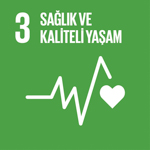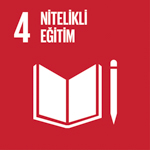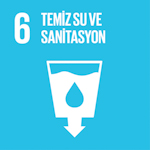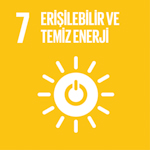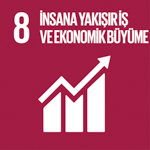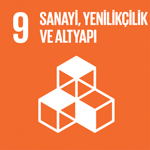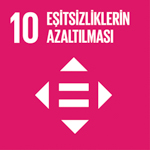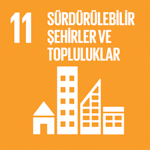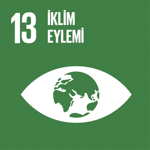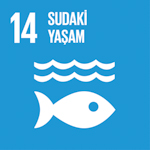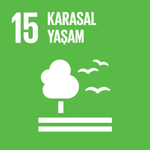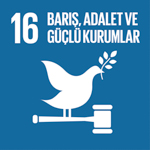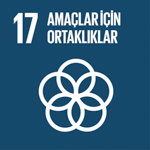Hakkımızda
Metrikler
The Sustainable Construction Materials Research Group (SCMRG) is dedicated to advancing the development and application of environmentally friendly and resource-efficient materials in the construction industry. Our mission is to explore innovative solutions that reduce the environmental impact of construction while ensuring durability, safety, and cost-effectiveness.
The Sustainable Construction Materials Research Group (SCMRG) is at the forefront of developing eco-friendly and resource-efficient materials for the construction industry. Our research tackles some of the most pressing challenges in achieving sustainability, with a focus on reducing the environmental impact of construction while maintaining high standards of quality and durability.
Key areas covered by the SCMRG include:
• Carbon Credits: Exploring mechanisms to generate and trade carbon credits within the construction industry.
• Carbon Dioxide Sequestration: Developing materials and technologies that capture and store CO2.
• Cement & Concrete: Investigating alternative cementitious materials and sustainable concrete technologies.
• Climate Change: Addressing the impacts of climate change on construction practices and materials.
• Conservation of Historical Concrete Structures: Techniques to preserve and maintain heritage concrete buildings.
• Circular Economy & Circularity: Promoting reuse, recycling, and the efficient use of resources in construction.
• Designing Structures with Sustainable Materials: Creating innovative designs using sustainable construction materials.
• Durability of Construction Materials: Enhancing the longevity and performance of building materials.
• Ecology and Sustainable Development: Integrating ecological considerations into sustainable building practices.
• Embodied Energy: Minimizing the energy consumed during the production of construction materials.
• End-of-life Materials: Facilitating the deconstruction, reuse, or recycling of building materials at the end of their life cycle.
• Energy Management during Construction: Optimizing energy use during the building process.
• Energy Management in Building Use: Developing energy-efficient strategies for the operational phase of buildings and infrastructure.
• Transport Energy Requirements: Reducing the energy footprint of transporting construction materials.
• Environmental Technologies: Applying innovative technologies to reduce environmental impacts.
• Geopolymer Technology: Advancing the use of geopolymer materials as alternatives to traditional cement.
• Green Construction and Sustainable Development: Promoting construction methods that align with green principles.
• Green New Deal Construction Method: Exploring innovative construction methods to meet modern sustainability targets.
• Greenhouse Gas Reduction: Investigating ways to reduce emissions associated with construction activities.
• Innovative and Non-traditional Materials: Discovering and developing new, sustainable materials for construction.
• Life Cycle Analysis (LCA): Evaluating the environmental impacts of construction materials over their life cycle.
• Maintaining Quality and Durability: Ensuring sustainable materials meet industry standards for durability.
• Maintenance and Life Cycle Management: Developing strategies for the long-term maintenance of concrete structures.
• Repair Technologies: Innovating repair methods that support the sustainability of buildings and infrastructure.
• Durability of Construction Materials: Focusing on the long-term performance of sustainable materials.
• Mass Balance: Analyzing the flow of materials from source to final disposal or reuse.
• Innovative Construction Technologies: Exploring new technologies for material production and sustainable construction methods.
• Recycling of Municipal Solid Waste (MSW): Utilizing recycled waste in the creation of new construction materials.
• Renewable and Sustainable Energy: Integrating renewable energy solutions into construction and building operations.
• Public Perception of Sustainability: Examining how sustainability efforts are received and valued by the public.
• Sustainable Land Development: Implementing sustainable principles in urban planning and land development.
• Urban Planning and Development: Creating sustainable and resilient urban environments.
• Use of Recyclable By-products: Incorporating waste by-products into new construction materials.
SCMRG’s mission is to innovate and lead in the development of sustainable construction materials and practices, pushing the boundaries of what is possible for the future of construction. We aim to collaborate with industry partners, academic institutions, and policymakers to make a positive impact on the environment while advancing the construction sector.
For more information or inquiries about collaborations, please contact us at canpolat@yildiz.edu.tr
